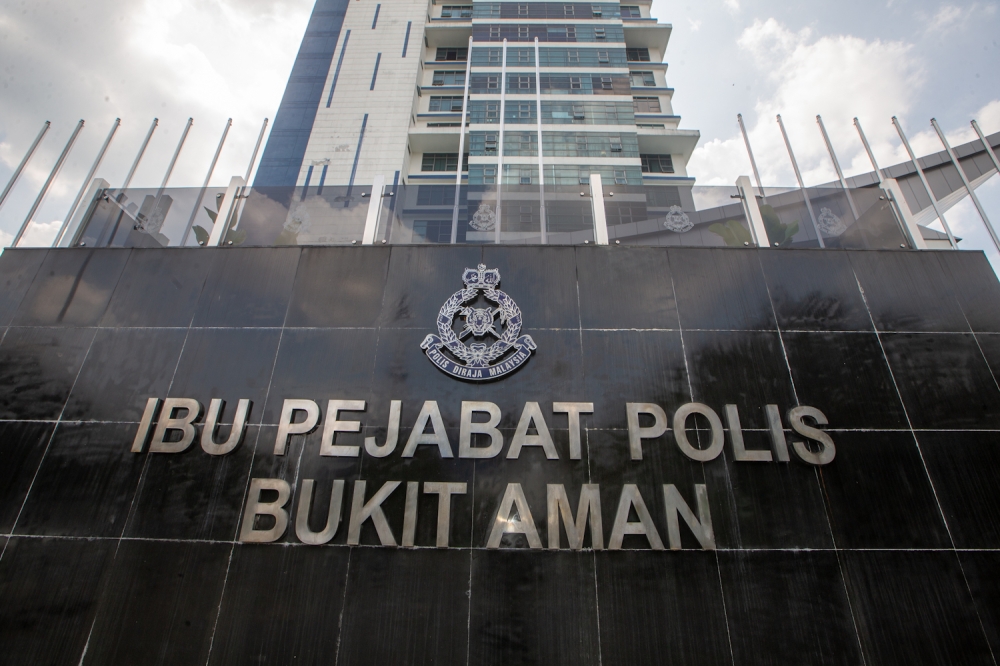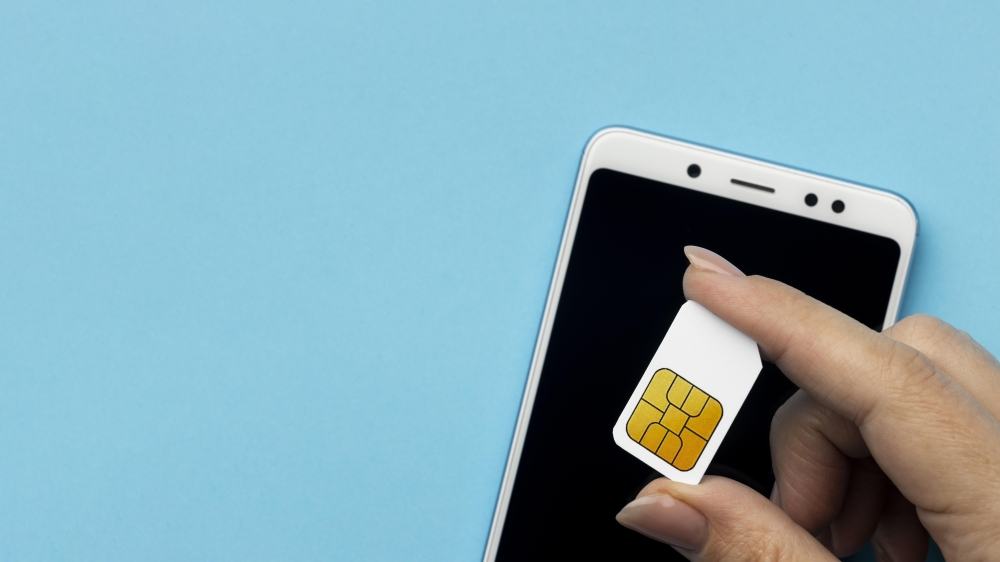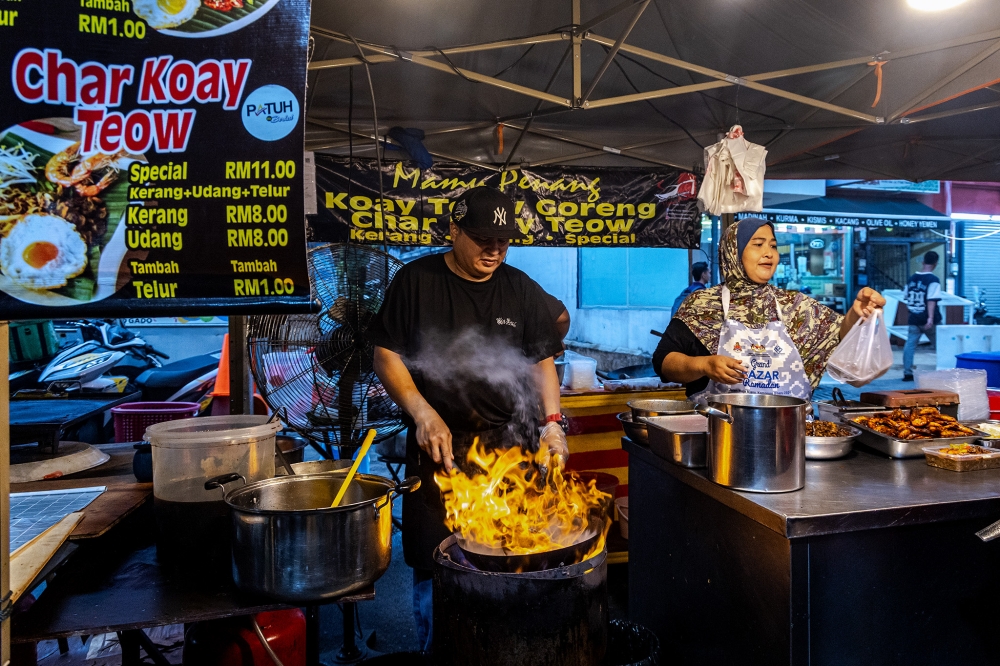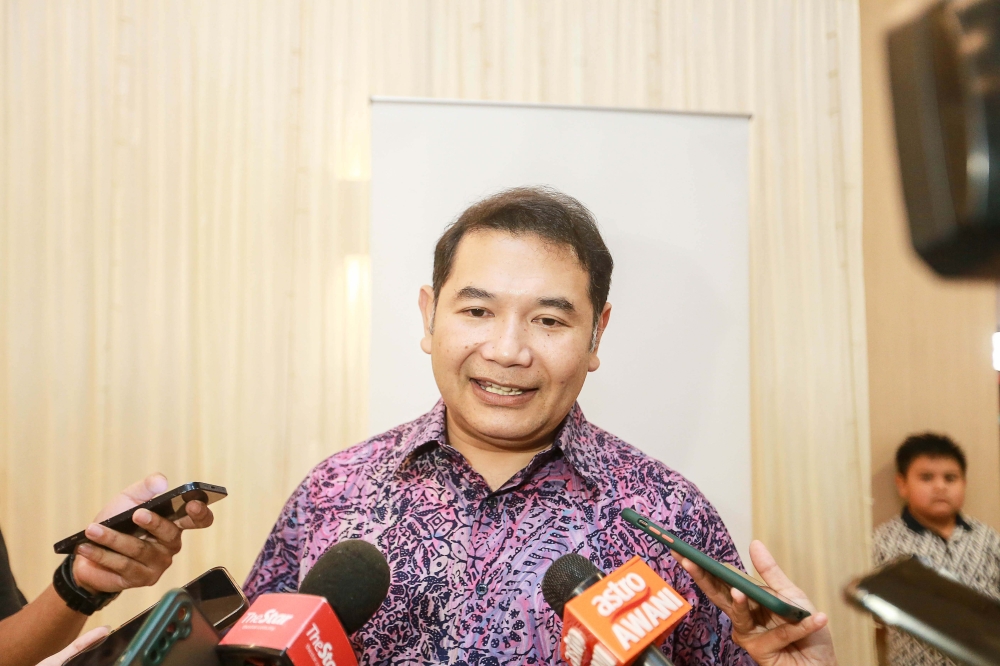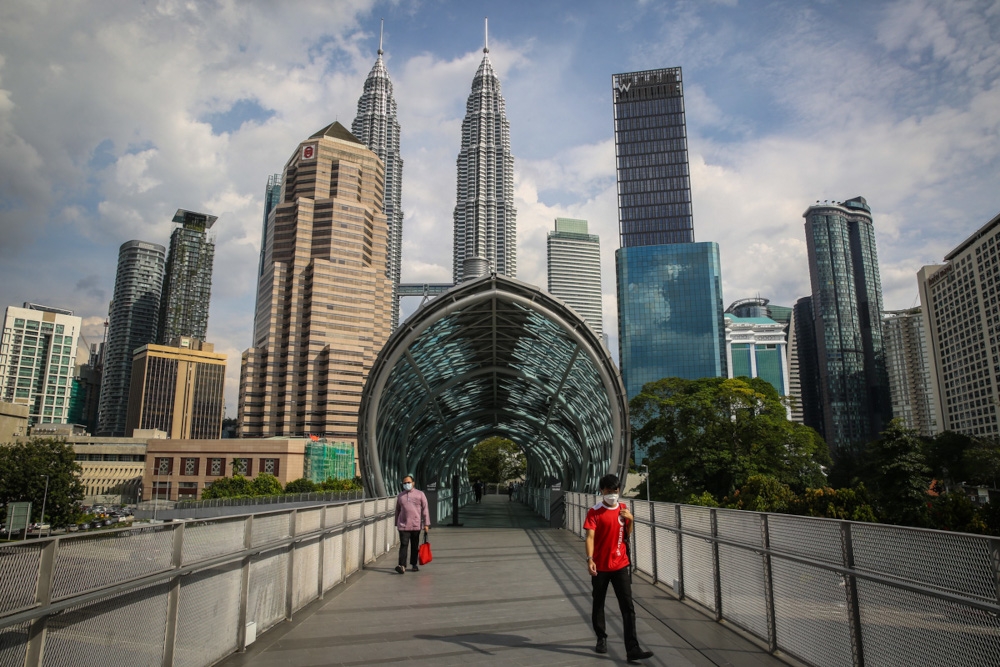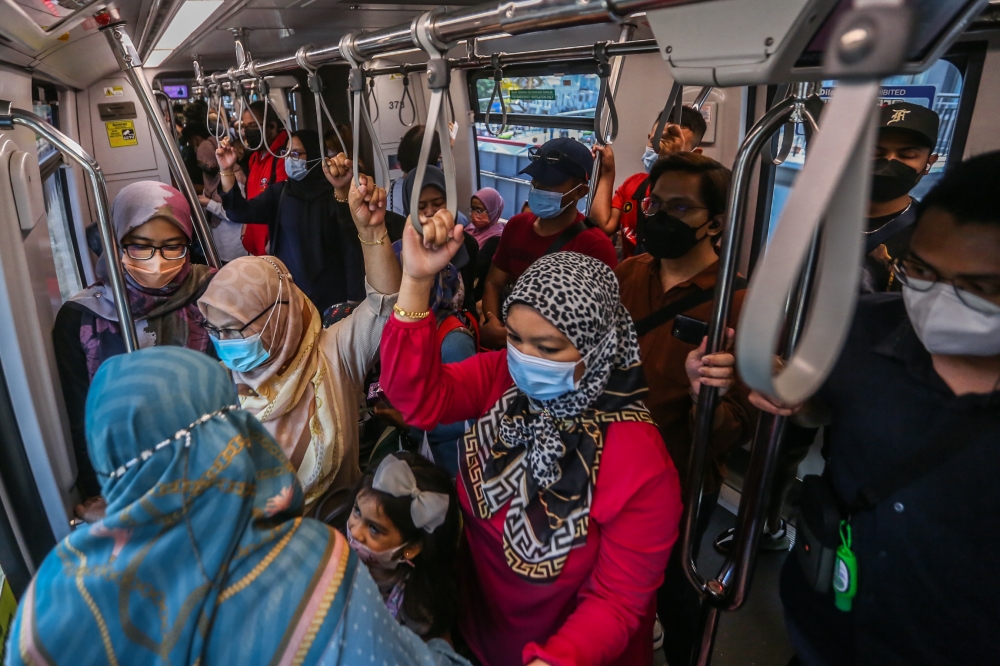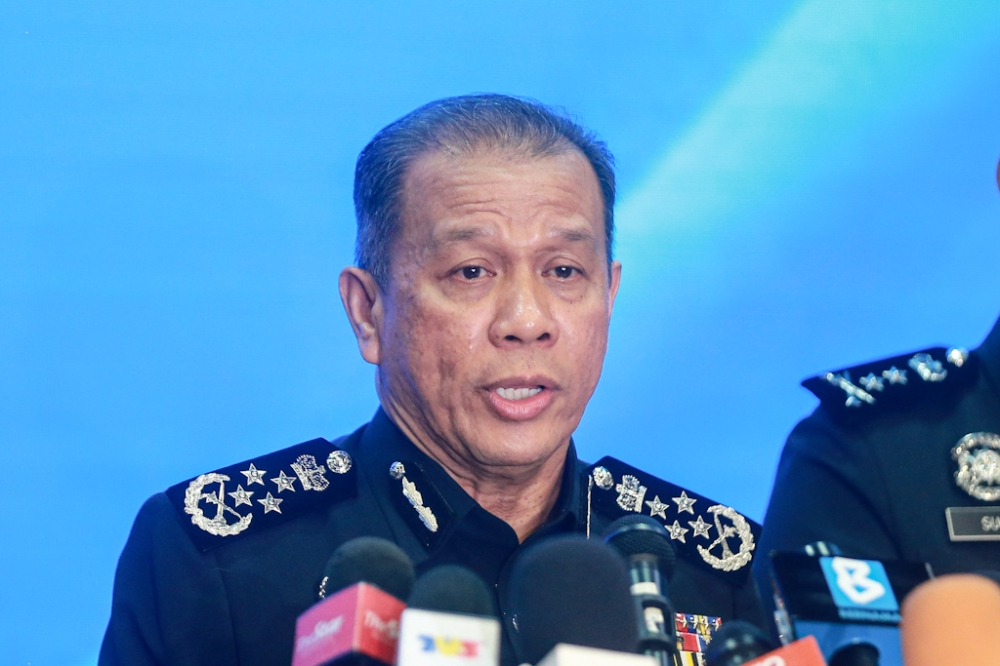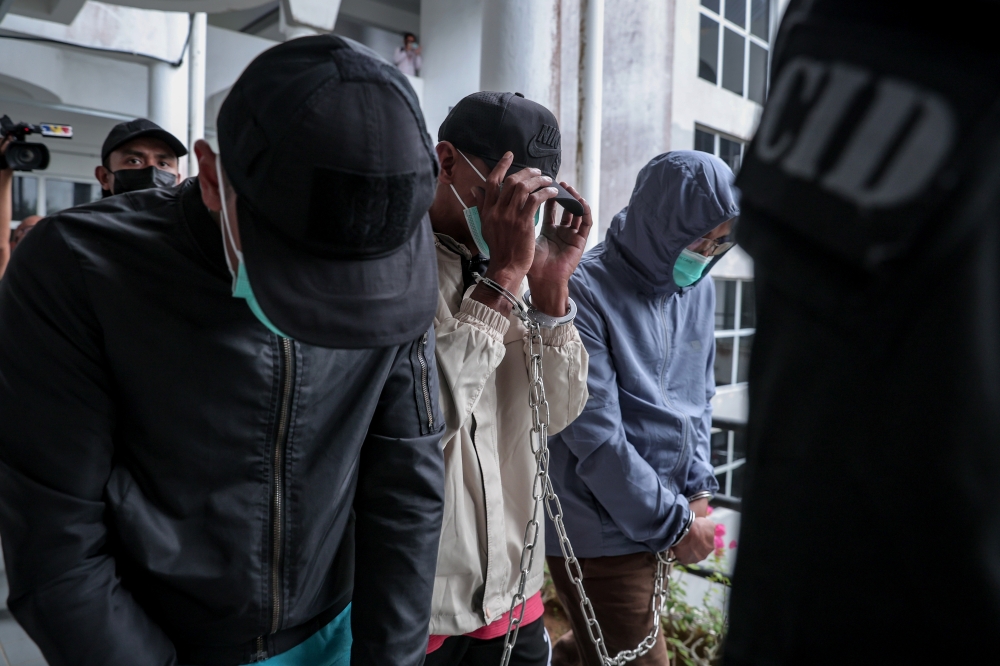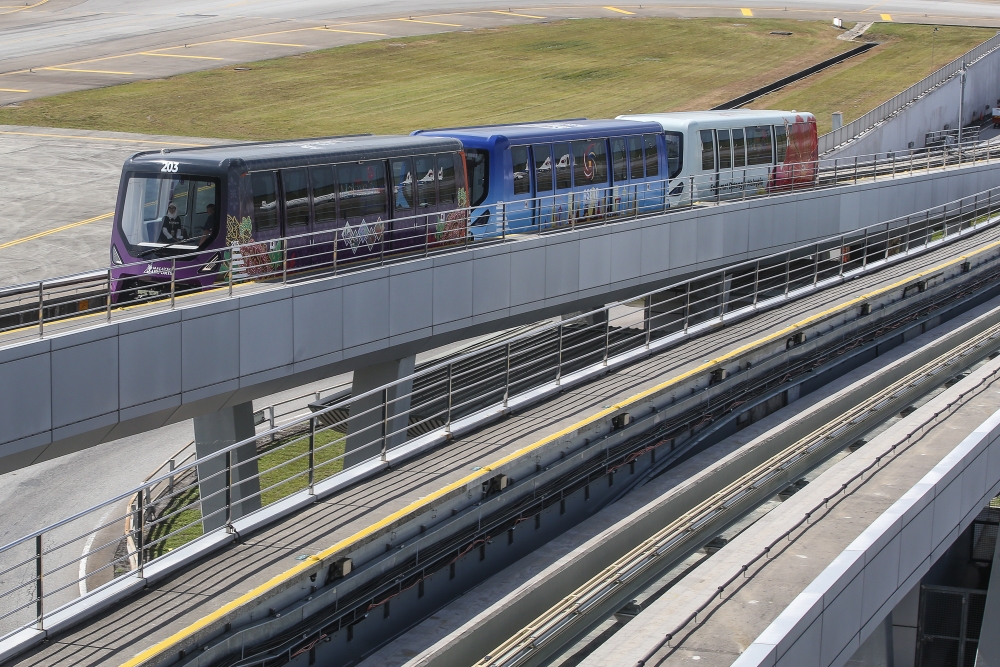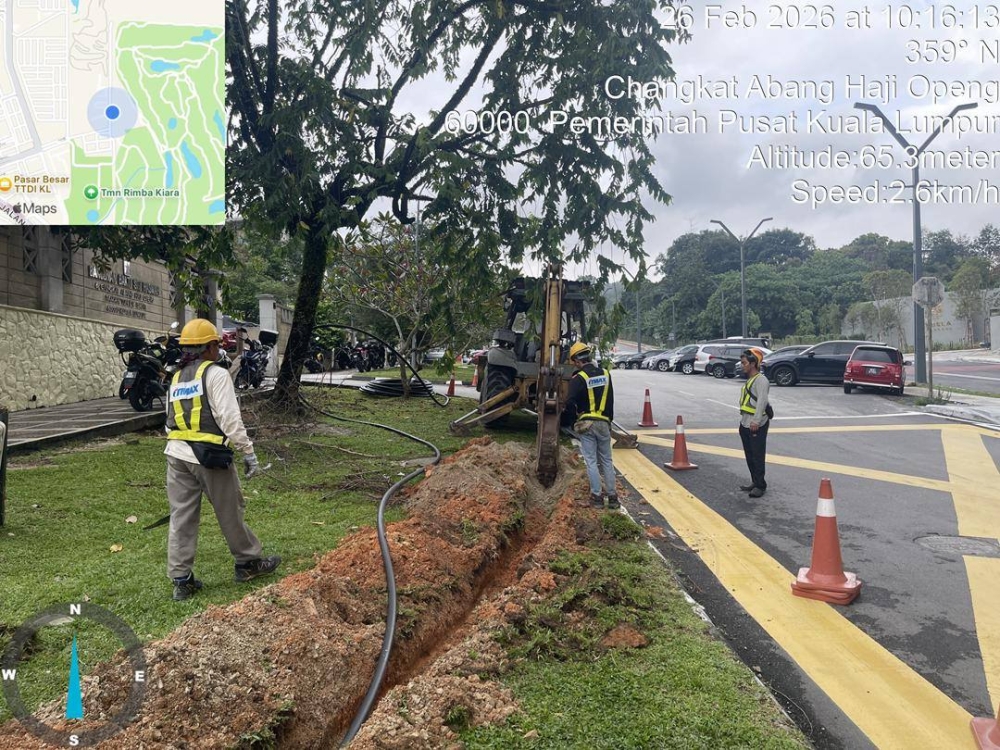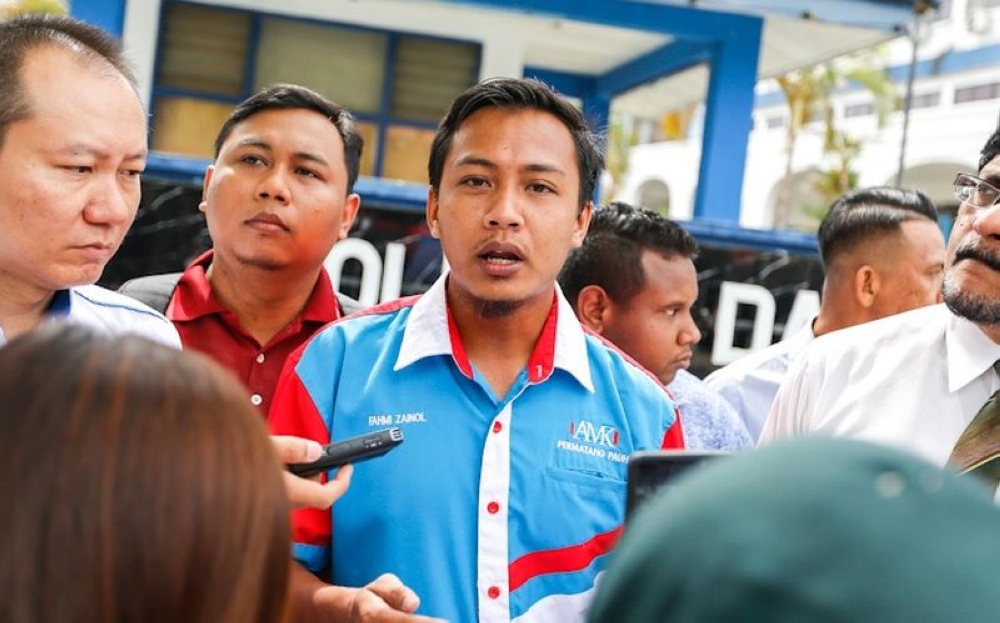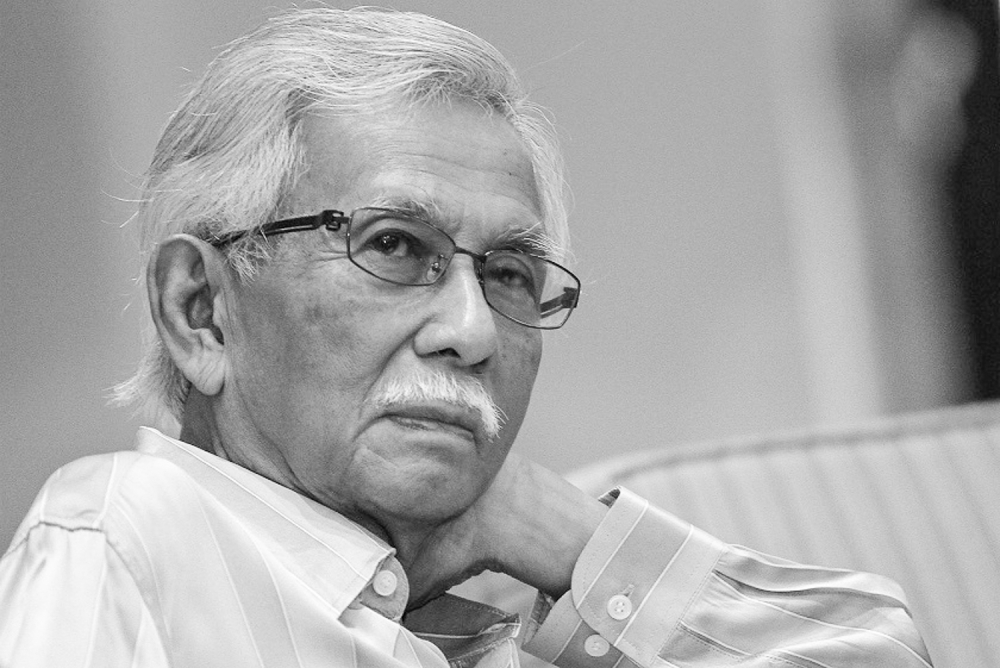KUALA LUMPUR, Jan 19 — Far more Malaysians sought to dispose of their cars during the first movement control order (MCO) last year compared to Indonesians and Thais who faced a similar lockdown, according to used car trading platform Carsome.
In its regional survey released today, Carsome said Malaysian sellers saw a 133 per cent spike during that period, with many saying they needed money to survive.
In comparison, Indonesia saw a 53 per cent increase of those seeking to sell their vehicles, while Thailand’s recorded only a 15 per cent rise.
Twenty per cent of Malaysians surveyed said they planned on selling their cars within one to three months, followed by 25 per cent within four to six months, 30 per cent within seven to 12 months, and 25 per cent who want to sell their cars in more than 12 months’ time.
Those keen to sell their cars in the first six months of lockdown said they needed a newer car, or needed cash in hand.
Those who want to sell their cars after 12 months say they were confident in getting a good deal during that period as the economy should be more stable by then.
But the main challenges cited by car sellers in Malaysia, Indonesia and Thailand were dissatisfaction with price offered and financial difficulties such as inability to settle loans.
For Malaysians the top three car-selling challenges during the pre-lockdown period include unhappiness with price at 29 per cent of respondents, financial difficulties at 20 per cent, and delays in car ownership transfer at 17 per cent.
These figures increased during the lockdown period, with 35 per cent saying they are unhappy with the price, 34 per cent cite financial difficulty, and 26 per cent say delays in car ownership transfer.
The lockdown in Asean countries to curb the spread of Covid-19 has also seen a considerable decrease in the frequency of car usages, with Malaysia and Indonesia in the lead.
Approximately 58 per cent of Malaysian respondents say they have reduced their car usage, while 17 per cent say they have increased it, and 25 per cent reporting no change.
Meanwhile 59 per cent of Indonesian respondents report a reduction in car usage, followed by nine per cent who say they have increased, and 32 per cent who report no change.
Thailand is balanced during their lockdown period, with 29 per cent saying they decrease, 35 per cent saying they increase, and 36 per cent reporting no change.
For the three nations, the most commonly cited reason for increasing car usage is the decision to avoid using public transport during the lockdown to minimize contact with strangers, while decreasing car usage is due to the choice to go out less frequently or only when necessary.
Carsome’s survey also revealed that 25 per cent of Malaysian respondents said they plan on buying a car within one to three months, while 33 per cent said they plan on doing so within four to six months, and 42 per cent said within seven to 12 months.
In contrast, 64 per cent of Indonesians and 63 per cent of Thais say they plan on buying a car within seven to 12 months.
The main reason cited by respondents who seek to buy a car within one to six months is due t the urgent need to carry out daily routines, while those wanting to buy a car within seven to 12 months say they will be more confident of their purchasing power by then, or will have enough budget or stable income by that time.
The survey was conducted in October last year and polled 1,000 Malaysian consumers, 1,005 Indonesian consumers, and 1,055 Thai consumers.

